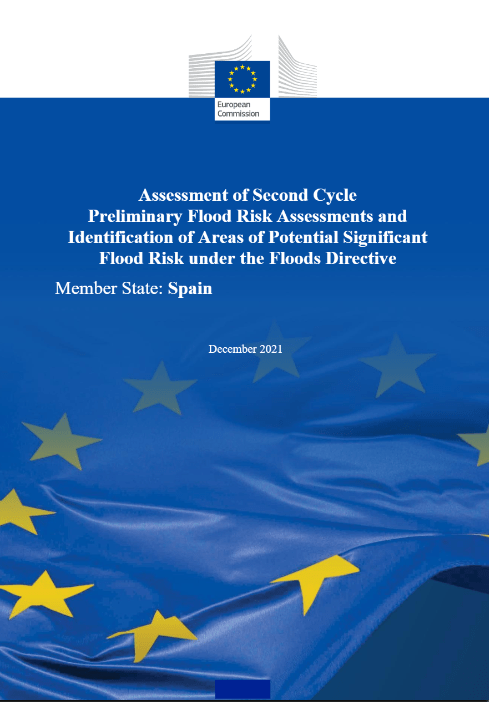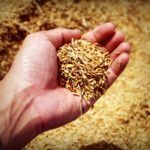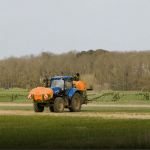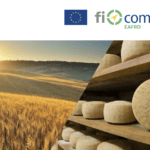At the Council of Ministers of Agriculture and Fisheries on February 21, the Minister of Agriculture, Fisheries and Food, Luis Planas, demanded an increase in the percentage of the advance of direct CAP payments and the possibility of using rural development funds to grant aid to the most affected producers, thus providing farmers and ranchers with greater liquidity. The minister also proposed the introduction of exceptions in the practice of crop diversification.
Planas considered it important that the Council of Ministers of the European Union addressed the difficult situation currently facing the agricultural sector, caused by the escalation of production costs, in addition to the effects of drought in the agricultural sector, mainly in southern Europe.
Planas said that Spain and Portugal have submitted to the European Commission a document containing some concrete proposals to mitigate the effects of drought on the profitability of farms. Thus, he mentioned that Spain will request an increase in the percentage of the advance of direct payments of the Common Agricultural Policy (CAP) for the year 2022, the introduction of exceptions in the practice of crop diversification, the possibility that the autonomous communities can grant aid to the most affected producers, through funds for rural development, or activate, if necessary, some of the measures provided for in the Common Organization of Agricultural Markets (OCMA). The Minister appreciated that the EC has been willing to analyze some of these measures such as, for example, increasing the advance payment of aid or activating force majeure.

Petition to activate drought measures in Spain |
He pointed out that, so far this hydrological year -from October 2021 to February 2022- rainfall has decreased significantly and that in view of the forecast of low rainfall in the coming months, the ministry will convene the so-called Drought Table “to analyze the situation with the whole sector and the autonomous communities and propose possible measures in addition to those requested at European level”.
Among other issues, the Council also discussed the reciprocity of trade agreements with third countries, in line with the conditions of sustainability introduced by the Green Pact for European farmers. In this regard, Planas stressed that Spain defends multilateralism in international trade, based on rules, open, transparent and stable trade agreements.
As he pointed out, Spain shares with the French Presidency the need to adopt certain measures to make international trade compatible with the high environmental standards of European productions, with measures such as the reduction of the maximum limit of phytosanitary residues, the reduction of tolerance limits or the adaptation of agreements with third countries to Community rules (known as “mirror clauses”).

Assessment of Second Cycle Preliminary Flood Risk Assessments and Identification of Areas of Potential Significant Flood Risk under the Floods Directive. Member State : Spain |
The defense of reciprocity is a political priority for Spain, since the importation of products with environmental standards lower than European standards may neutralize the environmental benefits sought, in addition to causing social and economic damage.
In relation to plant health, Spain stressed that the application of cold treatment for citrus imported into the EU is a step in the right direction.
On the other hand, Planas valued the proposed regulation on making available on the EU market and export of products associated with deforestation and forest degradation. This is a proposal of great interest for Spain but, according to the minister, it must be articulated in a balanced way, carefully measuring the costs and impacts for the productive sectors. Spain supports this initiative, which should be implemented avoiding disproportionate administrative burdens in relation to the objective pursued.
On fisheries, the Council addressed the role of scientific assessment in fisheries. In this regard, Planas stressed that “fishing activity, in addition to being highly regulated, is immensely hard and risky”, especially in certain places such as the fishing grounds of the Northwest Atlantic Fisheries Organization (NAFO).
For the minister, the preservation of fish stocks “is a priority that must be taken into account on a proven basis”, i.e. that scientific assessments of fisheries are complete and take into account not only environmental sustainability, but also the social and economic sustainability of coastal areas. He stressed that many companies, workers and families depend on fishing activity, “and the impact of the decisions taken from the scientific point of view in social and economic terms must be well measured.”







Leave a Reply